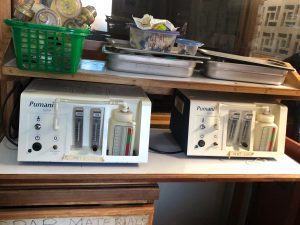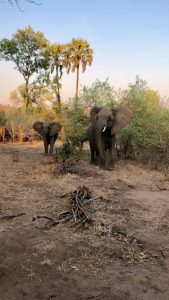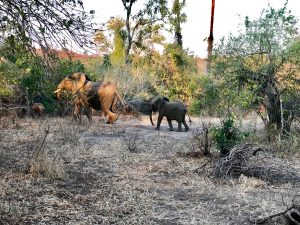Hello! I just finished my first week working with the Rice 360 CPAP team. As the only non-engineer in the group (social policy analysis major), I am working with the Rice CPAP team at Queen Elizabeth Central Hospital while the rest of the group is mainly working at the Polytechnic University. There is a group of about 7-10 CPAP team members in the office and I am their intern for the summer.
I wanted to give a quick overview on what the Rice CPAP project is. A CPAP is a device that provides continuous positive airway pressure to help open up the lungs of an infant who is put on it. Often times, when infants are born premature, their lungs are not fully developed and they have difficulty breathing on their own. They can develop respiratory distress syndrome, birth asphyxia, or other conditions associated with lack of oxygen to the heart, lungs, and brain. In the US, these CPAPs costs thousands of dollars and are too expensive to be implemented in district and central hospitals in Malawi and the surrounding countries.
About 7-8 years ago a group of Rice undergraduates designed and prototyped a lower cost CPAP device called the Pumani to address this concern and after successfully creating the device, the Rice CPAP team started a clinical trial at Queen Elizabeth Central Hospital. The clinical trial was successful and 5 years later, the team has implemented the CPAP devices in all 28 government hospitals in the country as well as other partner hospitals and teaching institutions. They have conducted training visits to train nurses and clinicians on how to use the devices, do routine supply check ups, and also conduct supervisor visits to evaluate the nurses using CPAP.
The main project that I am working on this week is helping the team create a database and system for entering and analyzing data pertaining to the supervisor visits. When supervisors go to district hospitals, they fill out data sheets on how well the nurses are performing and using CPAP based on both qualitative and quantitative information. They must check whether the nurses are checking the infants vitals, whether they are correctly diagnosing CPAP patients, and other routine steps involved with successful CPAP delivery. They also evaluate the general quality of healthcare in the nurseries based on criteria such as the facility layout and the protocol for infection prevention.
I am working with excel as well as the raw data from these visits to create a system that makes entering and analyzing the data efficient. It’s been challenging but I am learning a lot from my main mentors, Sara and Sammy, about how to parse through large amounts of data and pick what is most important and be able to present that information most clearly and effectively. Out of my own curiosity, I am also able to read through the data on common conditions such as prematurity, respiratory distress syndrome, sepsis, and birth asphyxia that affect newborns and do my own reading and learning about how they are addressed here in Malawian hospitals.
After a busy and exciting first week, we spent the weekend at Majete National Game Reserve on a safari. We were able to do an afternoon/evening safari where we saw a beautiful sunset, a morning safari as the sun rose, and a boat safari along the river with hippos and crocodiles. The best part was finally getting to see elephants (my favorite animal in the world), especially the baby elephant with its mama. They are so calm and peaceful. Looking forward to more adventures here and to continue on with my project!
Warm Wishes,
Sajel


